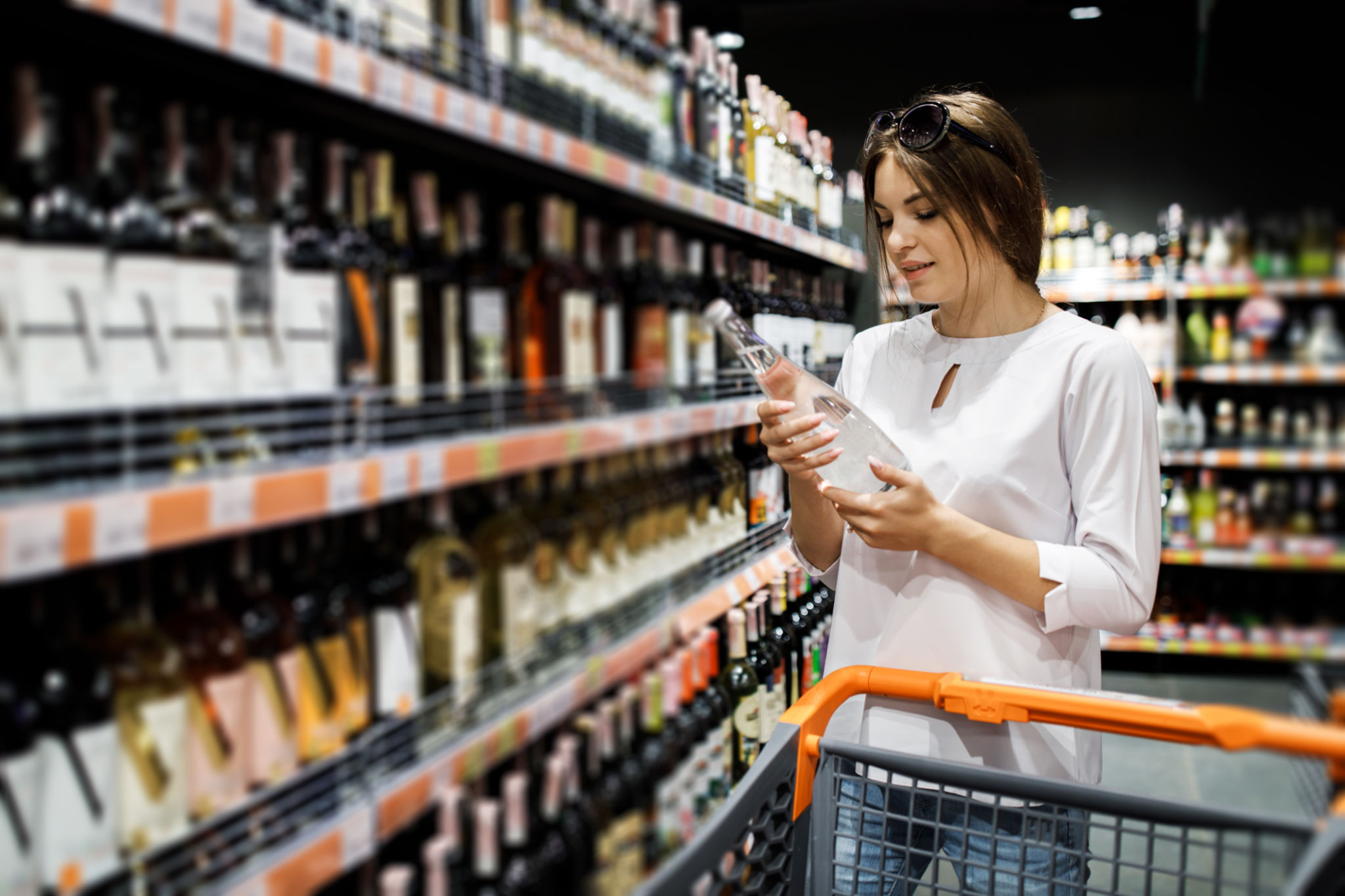The Role of Social Media in Successful Liquor Marketing Campaigns
CD
Introduction to Social Media in Liquor Marketing
In today's digital age, social media has become an indispensable tool for marketers across various industries. The liquor industry, in particular, can greatly benefit from leveraging these platforms to reach a broader audience. With millions of users actively engaging on social media daily, liquor brands have the opportunity to connect with consumers in meaningful and impactful ways.
Social media platforms offer liquor companies a direct line to their target audience, enabling them to craft personalized marketing strategies. By utilizing these platforms effectively, brands can increase their visibility and foster customer loyalty.

The Power of Visual Content
Visual content plays a crucial role in social media marketing, especially for liquor brands. High-quality images and videos can effectively convey a brand's story, showcase its products, and create an aspirational lifestyle around the brand. Platforms like Instagram and Facebook are perfect for sharing visually stunning content that captures the essence of a brand.
Utilizing user-generated content is another powerful strategy. Encouraging customers to share their experiences with a brand's products can build trust and authenticity. This not only broadens the brand's reach but also creates a community of brand advocates.
Engaging with Authentic Storytelling
Storytelling is a vital component of successful social media marketing. By sharing engaging narratives about their products, history, or production processes, liquor brands can create deeper connections with their audience. This approach allows brands to stand out in a crowded market and stay relevant.

Influencer Collaborations
Collaborating with influencers is a popular strategy that can significantly enhance a liquor brand's presence on social media. Influencers can introduce the brand to a wider audience and lend credibility through their established trust with followers. It's essential to choose influencers whose values align with the brand to ensure authenticity and effectiveness.
- Reach a targeted audience through niche influencers.
- Boost engagement and interactions with branded content.
- Leverage the influencer's creative storytelling abilities.
Utilizing Paid Advertising
Paid advertising on social media platforms can amplify a liquor brand's reach and engagement. Strategic ad placements allow brands to target specific demographics, ensuring that marketing efforts reach the most relevant consumers. Platforms like Facebook and Instagram offer detailed analytics, helping brands optimize their campaigns for better results.

Building a Community
Fostering a sense of community is essential for long-term success in the liquor industry. Social media provides the perfect platform for brands to engage with their audience through interactive content such as polls, live sessions, and Q&A segments. These interactions build loyalty and encourage consumers to become active participants in the brand's journey.
By consistently engaging with their audience, liquor brands can create a loyal fan base that not only supports but also advocates for the brand. This community-driven approach enhances brand reputation and encourages word-of-mouth marketing.
Conclusion: Embracing Social Media for Growth
The role of social media in successful liquor marketing campaigns cannot be overstated. By adopting innovative strategies such as visual storytelling, influencer collaborations, and community building, liquor brands can effectively leverage social media to expand their reach and increase consumer engagement. As the digital landscape continues to evolve, staying ahead of trends will ensure sustained growth and success in the competitive liquor market.
